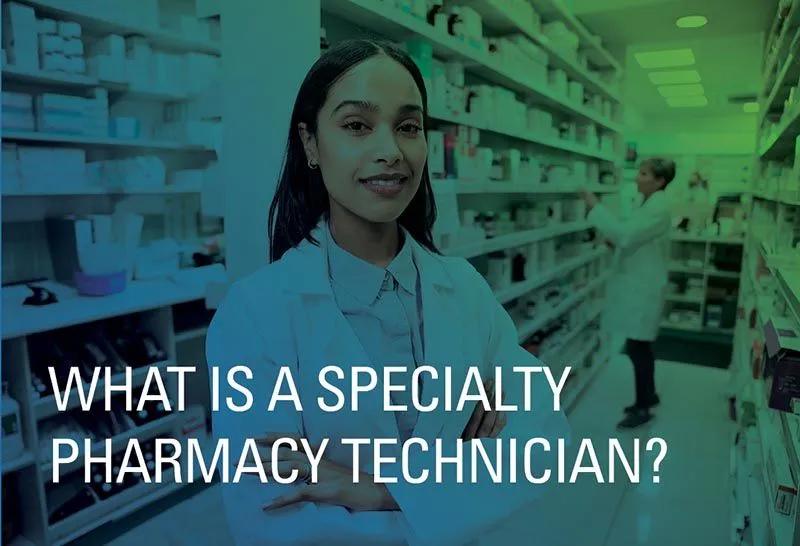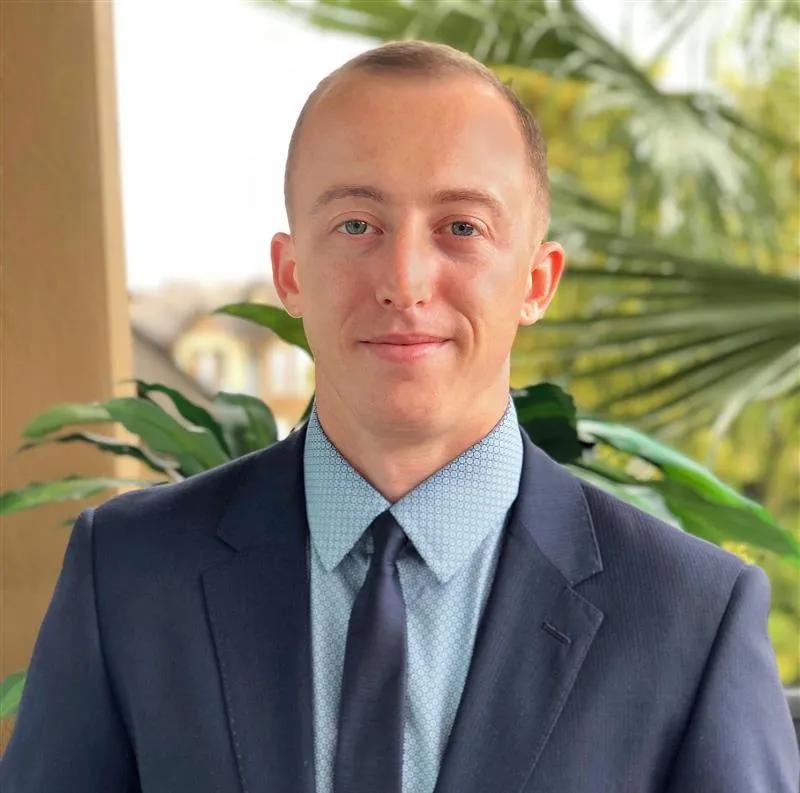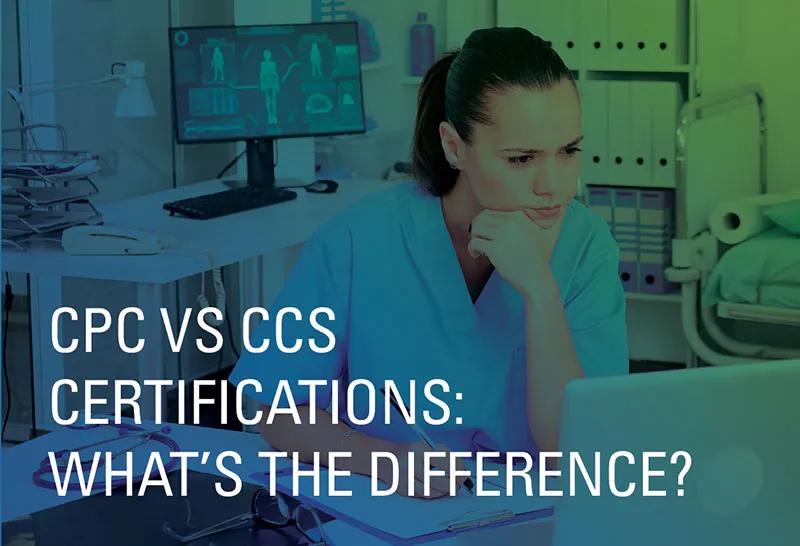The Roles and Responsibilities of Specialty Pharmacy Techs in the Healthcare Industry

When Ultimate Medical Academy (UMA) students graduate from our Health Sciences – Pharmacy Technician associate degree program, they have the knowledge and skills needed to work in an entry-level pharmacy technician role. Though, some who are just entering this field may also wish to take a slightly different career track by pursuing a specialty pharmacy tech position.
In this article, we explore what a specialty pharmacy technician does and where they work, as well as how this position is different from a pharmacy tech role. We also discuss the median salary projections for a specialty pharmacy tech, certification, and education and training.
What Is a Specialty Pharmacy Technician?
A specialty pharmacy technician is not unlike a pharmacy technician, though there are a few nuances and additional responsibilities that set them apart.
For instance, typical pharmacy technician duties include preparing, packaging, and labeling medication prescriptions; organizing inventory; and processing insurance claims to seek reimbursement from the patient’s health insurance provider. For pharmacy techs working in a retail setting, it’s also not uncommon to perform customer service functions, such as answering phone calls, running a cash register, or arranging for the customer to speak with the pharmacist.
A specialty pharmacy technician often performs additional duties related to specialty medicines or medications outside of what you may normally find in a traditional pharmacy. In some cases, this requires mixing substances to create the needed medication. Depending on the specific medication prescribed, it might also involve preparing prescription creams and ointments or formulating intravenous solutions or medicative infusions.1
Where Do Specialty Pharmacy Technicians Work?
Specialty pharmacy techs can work in a variety of settings. While many perform job duties within specialty drug pharmacies, others work within a more traditional pharmacy or healthcare institution setting that also has a special pharmaceutical department.
You can find specialty pharmacy technicians in:2
- Retail pharmacies
- Hospital pharmacies
- Mail-order pharmacies
- Infusion centers
- Pharmacy benefits management organizations
- Pharmacy associations
How Is a Specialty Pharmacy Technician Different from a Pharmacy Technician?
Part of what sets specialty pharmacy technicians apart from pharmacy technicians is the medications they help prepare and dispense. More specifically, a specialty pharmacy tech works with specialty pharmaceuticals, often prescribed for serious or chronic health conditions.
The Academy of Managed Care Pharmacy (AMCP) explains that specialty pharmaceuticals are different from traditional pharmaceuticals in that they often require “intense clinical monitoring to manage severe side effects, frequent adjustments in dosage, and/or specialized training for handling and/or administration.”3
Drugs that fall into this category include pharmaceuticals prescribed for health conditions such as multiple sclerosis, cancer, hepatitis C, and rheumatoid arthritis. In addition to being administered via complex procedures and requiring a more intense level of monitoring, the AMCP adds that, oftentimes, specialty drugs are also high in cost, ranging from $10,000 to $7 million per patient per year.3
Another difference is that specialty pharmacy technicians working within specialty drug pharmacies may have less interaction with patients than pharmacy techs and more interaction with healthcare providers, case managers, and patient advocates.
How Much Do Specialty Pharmacy Technicians Make?
The Bureau of Labor Statistics (BLS) reports that the median pay for pharmacy technicians was $35,100 or $16.87 per hour in May 2020, and most work full-time.4 Additionally, the bottom 10% of earners in this field earned $25,400 and the top 10% of earners earned $50,430 or more.
The BLS does not report separate pay information for specialty pharmacy technicians. Therefore, it may be beneficial to do a search for specialty pharmacy tech jobs in your area to get a better idea of the rate of pay in your geographical region. Conducting this type of search also provides the opportunity to look at a few job descriptions to better understand the duties and responsibilities of a specialty pharmacy technician.
Specialty Pharmacy Technician Certification
You don’t have to be certified to work as a specialty pharmacy tech unless your employer, prospective employer, or state requires it. That said, there may be some benefits to obtaining your pharmacy technician certification even if it’s not required.
The National Association of Specialty Pharmacy (NASP), which is the organization that offers the Certified Specialty Pharmacist (CSP) credential, explains that earning this designation validates your expertise and experience while also demonstrating your professional development commitment.2 This can help stand out from other job competitors who lack the CSP designation while also letting potential employers know that you have the knowledge and skills needed to perform specialty pharmacy technician duties.
To become a certified pharmacy technician with specialty medicines, applicants must first meet the NASP’s eligibility requirements. This includes having a bachelor’s degree or doctorate in pharmacy, having an active license in good standing, at least 3,000 hours of specialty pharmacy practice within the past four years, passing a certification exam, and more.5
Training and Education for Specialty Pharmacy Technician
To work as a pharmacy tech, some employers only require a high school diploma while offering on-the-job training. Though, the state you work in may regulate this role, which might require more formal education and/or certification.6
Additionally, because special pharmacy technician roles work with more complex medicines, additional education and/or training may be required. Earning your pharmacy technician degree can be a good first step.
UMA offers an online Health Sciences – Pharmacy Technician associate degree program that can be completed in 18 months.7 In this program, students learn about pharmacology, drug dosages and interactions, pharmaceutical calculations, and more. It also includes a certification review and pharmacy technician externship.
This degree can help by providing a foundation in the duties needed to work as a pharmacy tech. It also prepares you to further your education in this field, should you decide to pursue a higher-level degree, whether to further boost your knowledge and skills or to qualify for certification.8
Pharmacy Techs and Patient Care
If you’d like to work in a healthcare role that provides patient care by making sure people have the medications they’ve been prescribed — and that these medicines are in the correct dosages and amounts — a pharmacy technician position may be a good role for you.
And if you’d specifically like to work with more specialized pharmaceuticals, then you may enjoy a specialty pharmacy technician role. Both serve a valuable purpose in patient care, it’s just a matter of deciding which one you’d prefer most.
1 Healthcare Consultants Pharmacy Staffing. Specialty Pharmacy Technician Job Duties. https://pharmacy-staffing.com/specialty-pharmacy-tech-duties/
2 National Association of Specialty Pharmacy. Become a Certified Specialty Pharmacist. https://naspnet.org/wp-content/uploads/2020/09/CSP-Flier.pdf
3 Academy of Managed Care Pharmacy. Specialty Pharmaceuticals. https://www.amcp.org/about/managed-care-pharmacy-101/concepts-managed-care-pharmacy/specialty-pharmaceuticals
4 Bureau of Labor Statistics. Occupational Outlook Handbook. Pharmacy Technicians. https://www.bls.gov/ooh/healthcare/pharmacy-technicians.htm#tab-5
5 National Association of Specialty Pharmacy. Certification. https://naspnet.org/certification/
6 Bureau of Labor Statistics. Occupational Outlook Handbook. Pharmacy Technicians. https://www.bls.gov/ooh/healthcare/pharmacy-technicians.htm#tab-4
7 Completion time varies depending on individual student.
8 Select UMA credits may transfer to partner schools, but final decision for any credit transfer lies solely with the receiving institution.
Request Information
Talk with us. Start your journey.
Complete this form and we'll call you to explore options at UMA and answer your questions. We'll also email you info on how to get started. We're with you at every step!
Request Information
Talk with us. Start your journey.
Complete this form and we'll call you to explore options at UMA and answer your questions. We'll also email you info on how to get started. We're with you at every step!
About the Author
 Adam Fenster
Adam FensterAdam Fenster is a senior copywriter at Ultimate Medical Academy, with journalism experience from his time as a reporter and editor for multiple online and print publications. Adam has been covering healthcare education since 2019, with an emphasis on topics such as wellness, healthcare employment, and job preparedness. He received his BA in journalism from the University of South Florida.
Related Content


